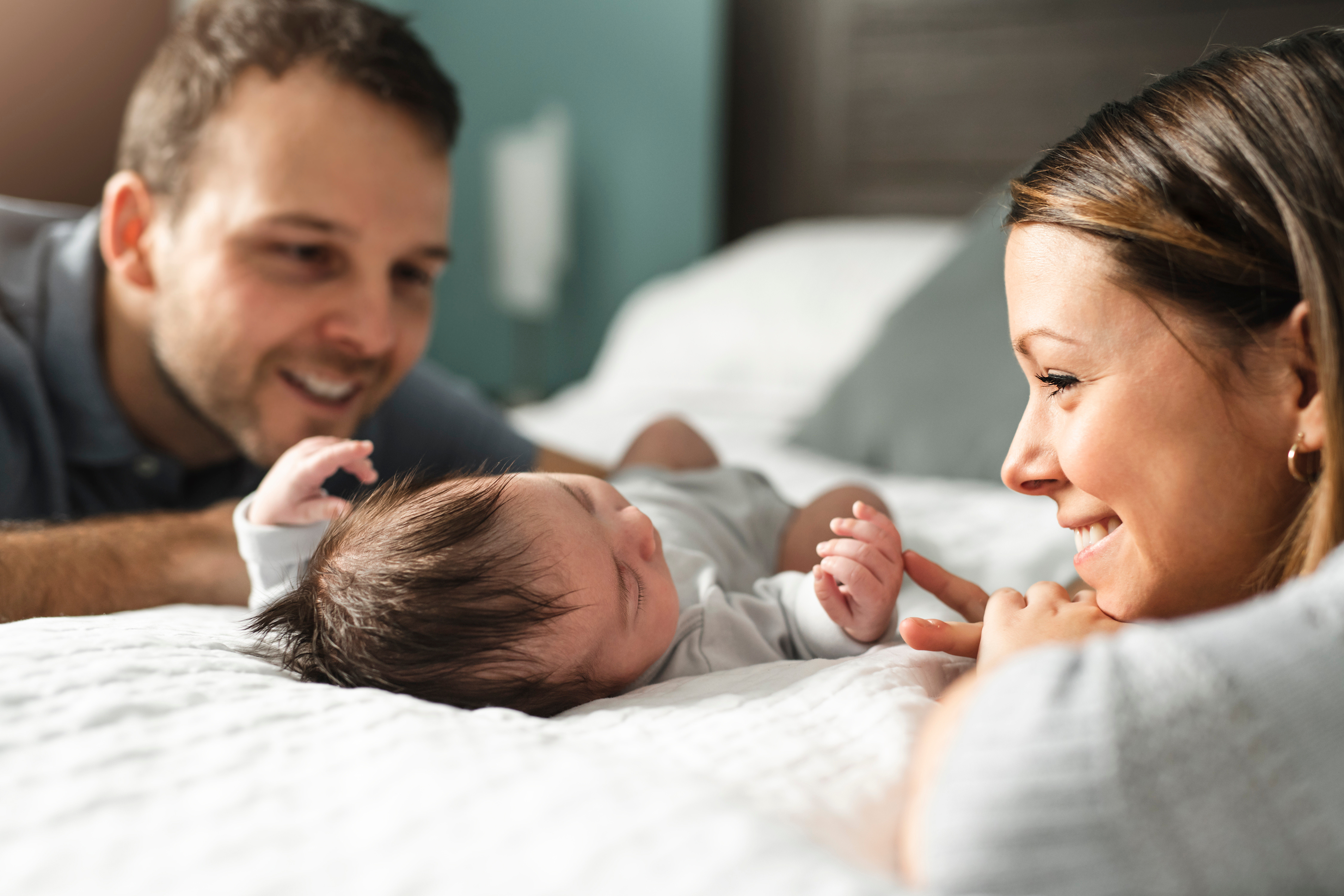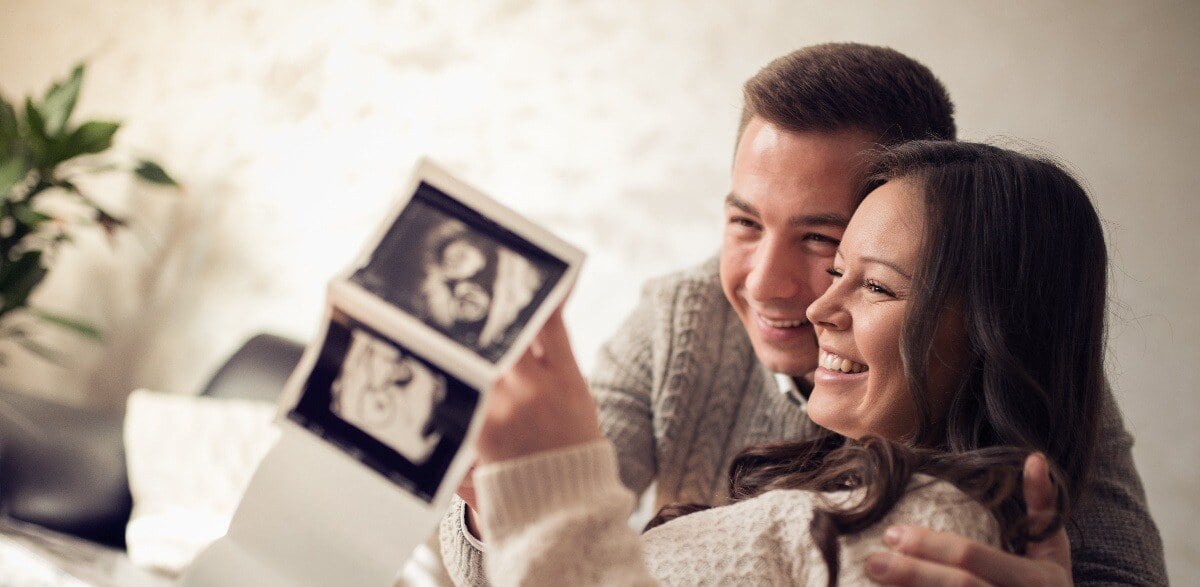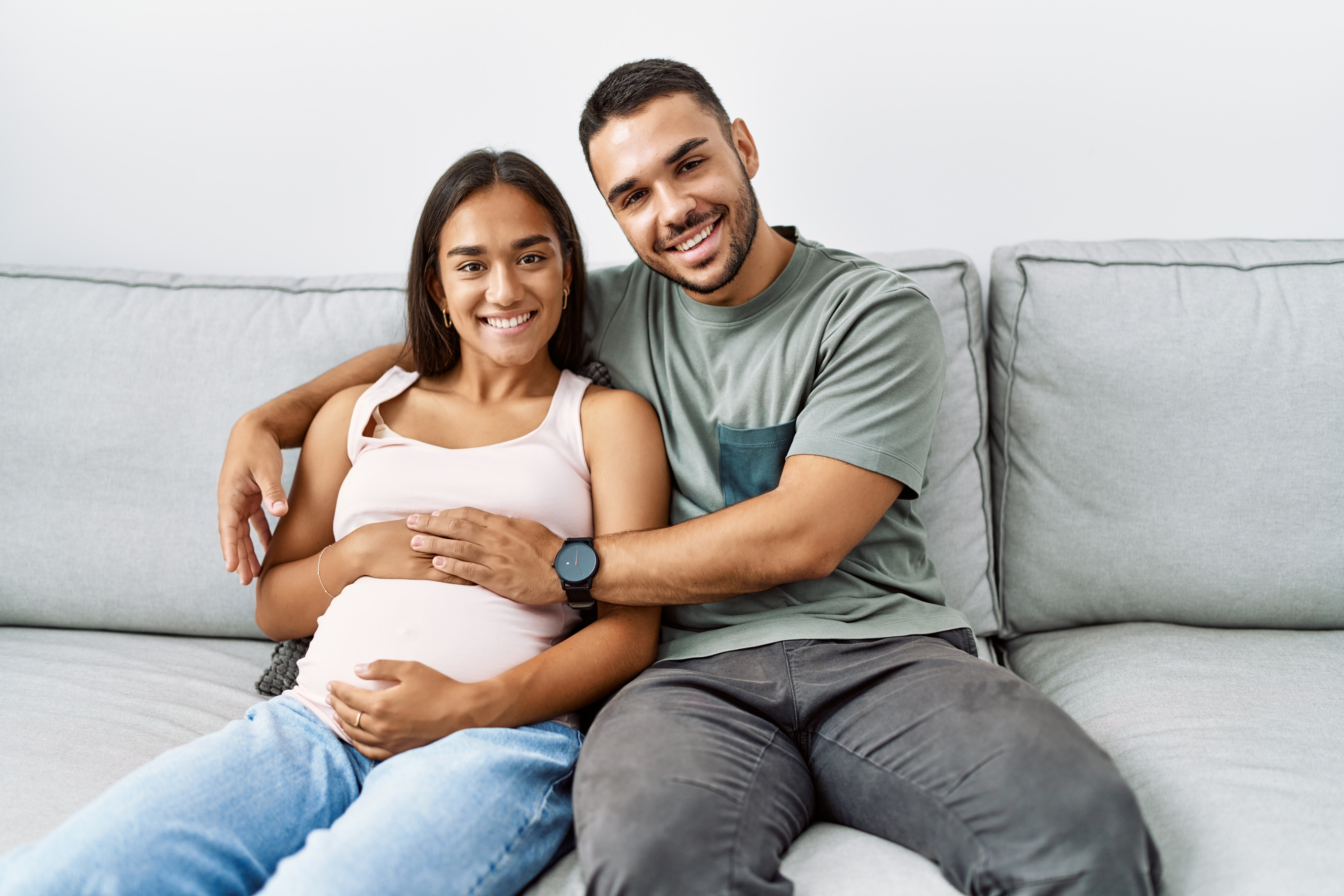Published
Polycystic ovarian syndrome (PCOS) and endometriosis are very different conditions that can affect women in their childbearing years. Although both PCOS and endometriosis are two different diagnoses, they are both difficult to diagnose, and about 5-10% of women experience either one or both in their reproductive years.
PCOS is a condition affecting women that causes irregular menstrual periods due to anovulation (not ovulating every month) and elevated levels of male hormones (androgens). This condition may lead to a higher risk of developing diabetes, obstructive sleep apnea, and even infertility.
Endometriosis is a disorder where the endometrium (the lining of the uterus) grows outside the uterus. The endometrial tissue that grows outside the uterus often gets trapped and cannot leave the body by way of a period. Endometriosis is often associated with very painful periods for women and often goes undetected, even when trying to conceive. Endometriosis can make it difficult to get and sometimes stay pregnant if left untreated.
Symptoms, Causes, and Long Term Effects
Though both PCOS and endometriosis affect your reproductive system, they do so with different symptoms during menstruation. Your period with PCOS is often irregular or missing altogether, whereas endometriosis symptoms may be heightened before and during your period. With endometriosis, you may experience very painful periods accompanied by severe menstrual cramps, pain in the lower back, or even cause issues in your digestive system.
Common PCOS symptoms include irregular or missing periods, anovulation (not ovulating on time or at all), excessive hair growth (hirsutism), weight gain, thinning hair on the head (androgenic hair loss), oily or acne-prone skin.
Endometriosis symptoms are often found through a woman’s pain during menstruation. Symptoms include painful cramps before and during your period, pain in the lower back and abdomen, pain during sex, pain with urination or bowel movements during your period, and other gastrointestinal issues.
The exact causes of PCOS and endometriosis are unknown, but there are some things that can indicate a higher risk of developing one or both conditions.
Possible causes of PCOS include:
- Excess of insulin in your body - insulin is produced by your pancreas to help with the regulation of sugar in your blood, but if sugar levels rise too high your body will produce more insulin to combat the increase. If sugar levels remain too high in your blood and the extra insulin also stays, your body can develop insulin resistance and also develop a higher level of androgens.
- Excess of androgens in your body - the excess of insulin that your body creates can also increase the level of androgens (male hormones) that your ovaries produce. Abnormal levels of androgens can lead to excess hair growth on your face and neck (hirsutism) and acne-prone skin.
- Inflammation due to polycystic ovaries - having many cysts on your ovaries can lead to an overall low-grade inflammation in your body, which means that your white blood cells are increased and deployed to your ovaries to fight infection. This inflammation can signal to your ovaries to produce more androgens and that can lead to heart and blood vessel issues.
- It can be hereditary - some studies show that PCOS can be linked to certain genes, but overall physical activity and a healthy diet can often aid in dealing with PCOS.
If you are experiencing any similar symptoms, you can also take our PCOS Symptoms Quiz to learn whether or not you could have it and gather more information!
Possible causes of endometriosis include:
- Retrograde menstruation - during a normal menstrual cycle, built up endometrial tissue flows out of the body with your period. Retrograde menstruation means that some of that tissue ends up flowing back into the fallopian tube or other areas in your abdominal cavity, builds up, but cannot leave the body.
- Induction theory - some experts believe that your peritoneal cells (cells inside the lining of your abdomen) are transformed due to your hormones or any immune system issues and turn into endometrial cells.
- Transformation of embryonic cells - your embryonic cells are the cells that develop in the earliest stages of your life and may transform into endometrial cells during puberty due to an excess of estrogen in your system.
- Endometrial cell transport - endometrial cells that can transport outside the uterus through your blood vessels or lymphatic system.
- A disorder with your immune system - if you have any issues with your immune system, it may make it difficult for your body to identify and destroy endometrial tissue outside of the uterus.
Similarities and Long-Term Effects
Symptoms differ between both conditions but also can overlap when it comes to affecting your fertility and how you may experience menstruation. Because a common symptom of PCOS includes irregular or missing periods when you actually have a period, very heavy bleeding may occur since your body hasn’t been able to shed the extra lining monthly.
This excessive bleeding is also a common symptom of endometriosis, so an overlap of conditions is very possible. Because pelvic pain is associated with many conditions, this makes PCOS and endometriosis difficult to diagnose. The other conditions may include pelvic inflammatory disease (PID) or even irritable bowel syndrome (IBS).
Long term, both PCOS and endometriosis separately and together can cause infertility. Unfortunately, it is common for women of reproductive age to ignore their hormonal issues or physical pain until they are actively trying to conceive. The impact of fertility from PCOS is mainly hormonal even though you may have physical polycystic ovaries. With endometriosis, this obstruction is mainly physical and may allow you to become pregnant through fertility treatment, but if you do not address the removal of the endometrial tissue outside the uterus, miscarriage may be an unfortunate result.
Can You Have PCOS and Endometriosis at the Same Time?
The short answer is yes, you can have both PCOS and endometriosis at the same time. One condition does not affect the other, but there may be multiple symptoms that you are experiencing that overlap and can be the root cause of your infertility or pain. The commonality in having both conditions at the same time comes down to the diagnosis.
If your goal is to find the root cause of your reproductive issues, a true diagnosis from a reproductive specialist is necessary to get your body back on track.
PCOS is easier to diagnose since it involves less invasive physical exams including a sonogram to look at physical cysts on the ovaries and blood tests to determine if your hormone levels are out of whack. Endometriosis is harder to diagnose due to needing a laparoscopy for a true diagnosis. Although laparoscopy is a minimally-invasive surgery, it is still a surgery so it deters some people from looking into it and leaves them wanting to just cover up the symptoms with medication for pain management. This covering up of symptoms and pain can lead to worsening the condition, which will definitely affect your body when trying to conceive and sometimes lead to ovarian cancer.
PCOS and Endometriosis Treatment Options
If you are diagnosed with PCOS, your doctor will likely put you on certain medications to regulate your hormones and to ensure that you are having your period monthly so that you don’t have a build-up of endometrial tissue in your uterus.
If left untreated and the lining builds up too much, you are at a much higher risk of endometrial cancer.
Treating PCOS is very specific to your family goals now and in the future. If you are not trying to have a baby right now, the course of action may include medications that regulate your hormones and insulin levels so that you can get your whole body working better. It is common to see women with PCOS having a high follicle count in their ovaries, so if kids are in your future, you may be a great candidate for egg freezing, so when the time is right you have family building options readily available.
If you are actively trying to conceive with PCOS, your fertility doctor will try to control your hormones with medication and time out your ovulation so that it increases your chances of conceiving naturally. Depending on how severe your PCOS is and what your family building goals are, in vitro fertilization (IVF) is a common and very effective method to get pregnant.
If you have a laparoscopy and are diagnosed with endometriosis, your reproductive surgeon’s goal is to clear out the endometrial tissue depending on where it is located and how severe it is. If you are not trying to conceive, a laparoscopic removal of endometriosis may ease your painful symptoms and lead to overall better health of your reproductive system. If your plan includes conceiving, you may be able to get pregnant on your own after your endometriosis is cleared out.
However, it is common to need fertility treatment after endometriosis removal in order to conceive and have a healthy baby at the end of your pregnancy.
How Kofinas Can Help
We see many patients every day suffering from both PCOS and endometriosis and are very proud of our success when it comes to diagnosing and treating your unique reproductive concerns. Whether you are working with us to regulate your hormones, manage the pain you have been dealing with for far too long, or need our surgical experts to diagnose and treat your condition, we are here to help.
No matter what your family building goals are, getting to the root cause of your reproductive issues is what Kofinas Fertility Group is here to help with. We believe that fertility treatments are extremely effective, but the root cause needs to be addressed in order to have a healthy mother and baby at the end of your fertility journey.
You do not need to live with the pain that you are going through, and we are here to help you get closer to your family building goals now and ensure that your long-term family goals are also met when the time is right for you.




